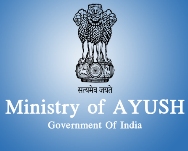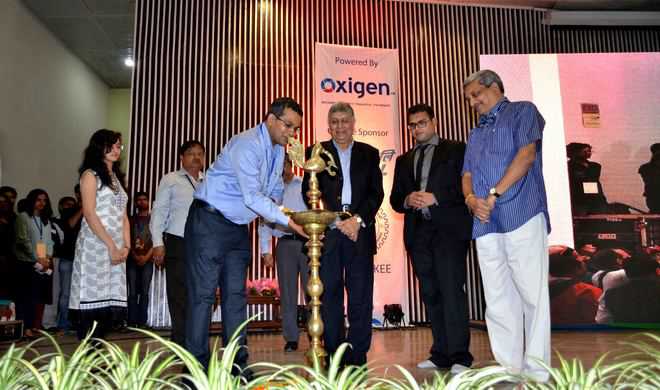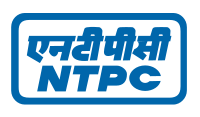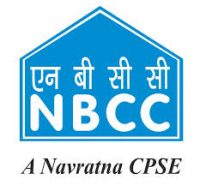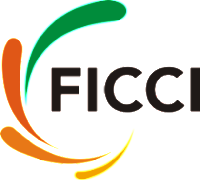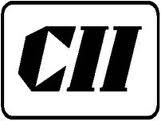The Minister of State for AYUSH (Independent Charge) and Health & Family Welfare Shri Shripad Yesso Naik inaugurated the National Arogya Fair at Auto Cluster Development & Research Institute (ACDRI), PCMC, Chinchwad,Pune. The Fair has been organized by AYUSH Ministry in collaboration with the State Government of Maharashtra and Indian Trade Promotion Organization (ITPO). The fair will continue till 22nd March, 2016.
Speaking at the inauguration, Shri Shripad Naik said that AYUSH is a very important sector and it should be propagated worldwide. To popularize AYUSH system of medicine across the world, the AYUSH Ministry is entering into an agreement with the World Health Organization for global positioning of AYUSH, Shri Naik disclosed. The Minister further explained that MOUs have already been signed with several countries for bilateral cooperation in the field of traditional medicine. In view of the suggestions received, the National Health Policy would be reviewed in the next 6 months to incorporate this aspect of propagation of AYUSH, the Minister explained. Shri Shripad Naik said that India is entering into a very important partnership with the United States for research in AYUSH for treatment of cancer.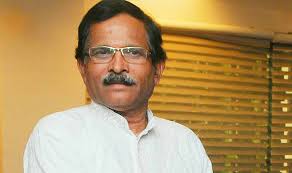
Shri Anil Shirole ,MP; Shri Ajit Sharan Ayush Secretary ; Shri Shailesh Gujar from Ayurveda Vikas Parishad; Shri A.K.Vashisth, General Manager India Trade Promotion Organization were also present at the function. Students of Morarji Desai National Institute of Yoga demonstrated yoga asanas at the event.
The Arogya Fair aims to create awareness among the members of the public about the efficiency of the AYUSH Systems, their cost-effectiveness and the availability of herbs and plants used for prevention and treatment of common ailments at their door steps through various mass-media channels to achieve the objective of Health for All.
The Arogya Fair is showcasing sectors like Ayurveda, Sidha, Naturopathy, Yoga, Unani, Homeopathy and other recognized traditional healthcare systems. Institutions, Companies associated with these areas of healthcare including Insurance, Health Tourism, Lab Equipment and Machinery, Research Institutes, Hospitals, Naturopathy Centres are taking part in the event. There is no entry fee for visiting the Fair.
Central Research Councils/National Institute in the AYUSH Systems of Medicine along with the National Medicinal Plant Board (NMPB), IMPCL (Indian Medicines Pharmaceutical Corporations Limited) and Private AYUSH Industries are showcasing their strengths in the realm of Research, Education and Development of Products to promote healthcare through AYUSH Systems.
This AROGYA Fair has attracted importance as it would involve participation of International delegates.
The Ministry of AYUSH has been organizing AROGYA, Comprehensive National Level Fair on AYURVEDA, Yoga & Naturopathy, Unani, Siddha and Homoeopathy in the major capital cities in India since 2001 to promote awareness and showcase development in the various AYUSH Systems.
The fairs organized in various cities has so far received a good response. AROGYA Fair provides an all-encompassing platform to all AYUSH stakeholders to come together to project all facts related to AYUSH.
IndianBureaucracy.com wishes the best to Ayush and the Aroygya Fair.


